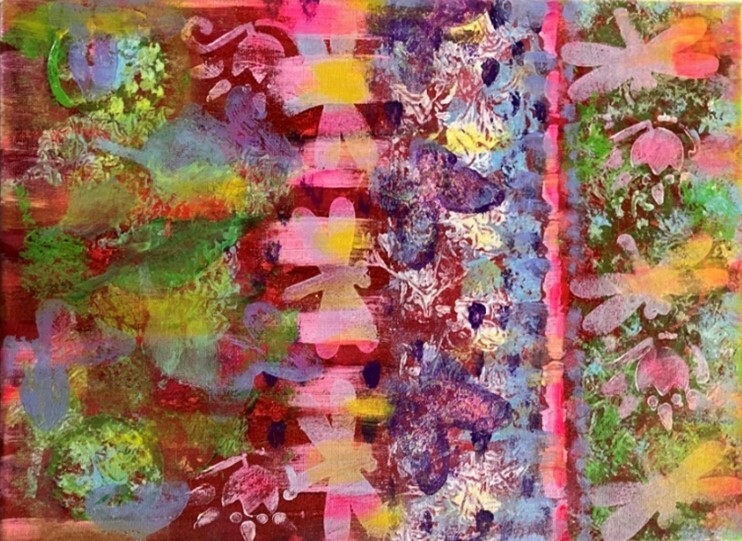Join us for the Kaleidoscope exhibition in Bendigo and Hawthorn!
Join us for Kaleidoscope, a visual art exhibition showcasing the talented works of people with disability.

Earlier this year eight people with an intellectual disability embarked on a training program to learn about research and gain the skills they need to become actively involved in and drive research that is important to them.
Part of a research project funded an IMPACT Philanthropy grant from Perpetual Trustees, the 10-week program was developed by Scope’s research team of Dr Stella Koritsas and Dr Caroline Hart. Each week participants attended a 2-hour session to learn about all the stages of research, from beginning to end, and how to work as researchers.
Designed specifically to support adults with intellectual disability (ID) to better understand and carry out research, sessions included how to decide what research should be conducted, selection of research participants, methodology and ethical research. Participants learnt how to develop research questionnaires and conduct interviews and focus groups, as well as how to analyse data and report on results.
Throughout the program the participants were employed as Research Assistants and their research knowledge and skills were put to the test when they worked together to complete a small research project: ‘How can people with disability be supported to live independently?’.
Our researchers conducted interviews and surveys to explore their topic which was selected due to the limited research in this area. Based on the results of their research, they provided some recommendations about how an organisation like Scope can help support people with disabilities to live independently.
This advice included that clients should be heard and understood and that support workers need a positive, can-do attitude to build people’s confidence. It also highlighted that organisations like Scope should give people control and choice to help them live independently if that’s what they want.
The Research Assistants presented their research findings to Scope staff in July and successfully presented their experiences of doing the course at Scope’s Virtual Disability Conference in September. In addition, one participant, Nell, attended and co-presented at the 17th IASSIDD World Congress in Chicago in August. This was a great honour as IASSIDD is the leading international research and practice conference in the field of intellectual disability.
Everyone involved in this program gained a great deal developing the skills, confidence and knowledge required to be employed in the co-design and conduct of research programs in the future. The involvement of people with intellectual disability as research assistants will ultimately ensure they have a voice about what is important to them and create better outcomes for the end users.